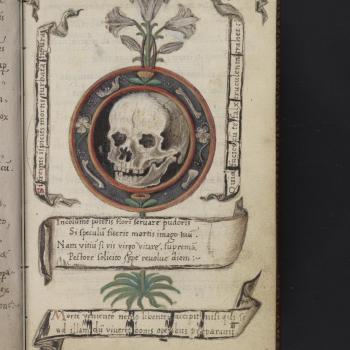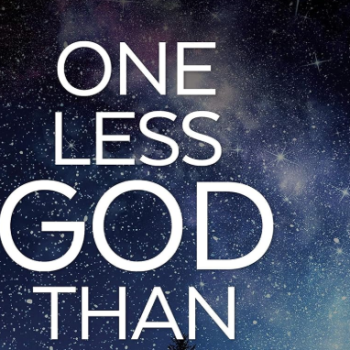One other, most-important, large area in which we're contributing to the larger dialogue is that of illness, death, and dying. Our culture, as a whole, especially the more popular media, have a tendency to turn away or push out of awareness those essential parts of being alive. One of Buddhism's greatest gifts to us in the West is to help us look squarely at those things and put them to good use, as Buddhism starts to have influence and a presence in chaplaincy and hospice movements.
And how about the issue of translation? How you see that playing a role?
While there is translation into English from classic Buddhist texts, much of the cutting-edge, new material is now coming from the West. So we see our books translated into German, French, Spanish, as well as Portuguese, Russian, Slovenian, Hebrew, Czech, Polish. There's an enormous world-influence going in that direction.
Part of what's particularly interesting is how a number of our books are translated into Asian languages, having a kind of feedback energy into the cultures that nurtured the Dharma for centuries: Razor-Wire Dharma: A Buddhist Life in Prison being translated into Korean; Mindfulness Yoga into Chinese; The Dharma of Star Wars into Japanese; many of our Insight Meditation and Theravada titles translated into Thai. So what came to us from the East is now returning to the East, and reaching new people there. The deep cultural foundation of centuries of Buddhist influence in Asian countries is diminished now. In Zen tradition, for instance, a couple of teachers in Japan say if you really want to study Zen then you'd want to go to America.
Our Dharma in the West is to take it out of its historical and cultural enmeshment, and monastic focus, and to look at it in terms of all its aspects of modern life. And those books are then interesting to folks in Asia, as well.
The first books in English to have a wide readership married tape recorder and word processor to make transcriptions of Dharma talks -- Meditation in Action by Chogyam Trungpa; Zen Mind, Beginner's Mind by Shunryu Suzuki; Being Peace by Thich Nhat Hanh. How do you see that trend today?
I think the era of that kind of major books in that form is closing. Those kinds of things -- Dharma teachers talking to folks about Dharma -- were able to hit massively because there wasn't anything at all like them, and anything all in that area was new and fresh. Which is not to say those books aren't deserving of their status as classics -- just that future classics won't look the old ones. Now were looking at the more focused and polished specific context applications.
For example, we have a forthcoming book entitled How to Be Sick: A Buddhist-inspired guide for the chronically ill and their caregiver, meeting with huge advance enthusiasm. It's an indication there are these holes to be filled . . . specific hungers, undiscovered territories. It is, in my opinion, one of the very most important books we publish.
I'm grateful for your taking time from your publishing schedule to talk with us.
[Palms joined _/|\_] It's been a great pleasure!
Josh Bartok is Senior Editor at Wisdom Publications, having edited over 150 books relating to Buddhism over the last decade. He's also a Zen priest and senior Dharma teacher with Boundless Way Zen and an amateur photographer.




